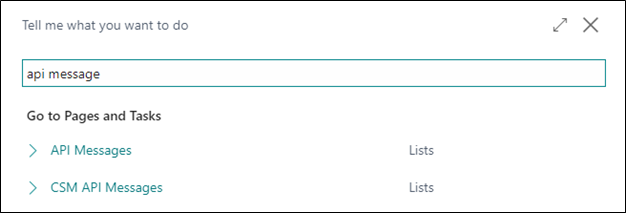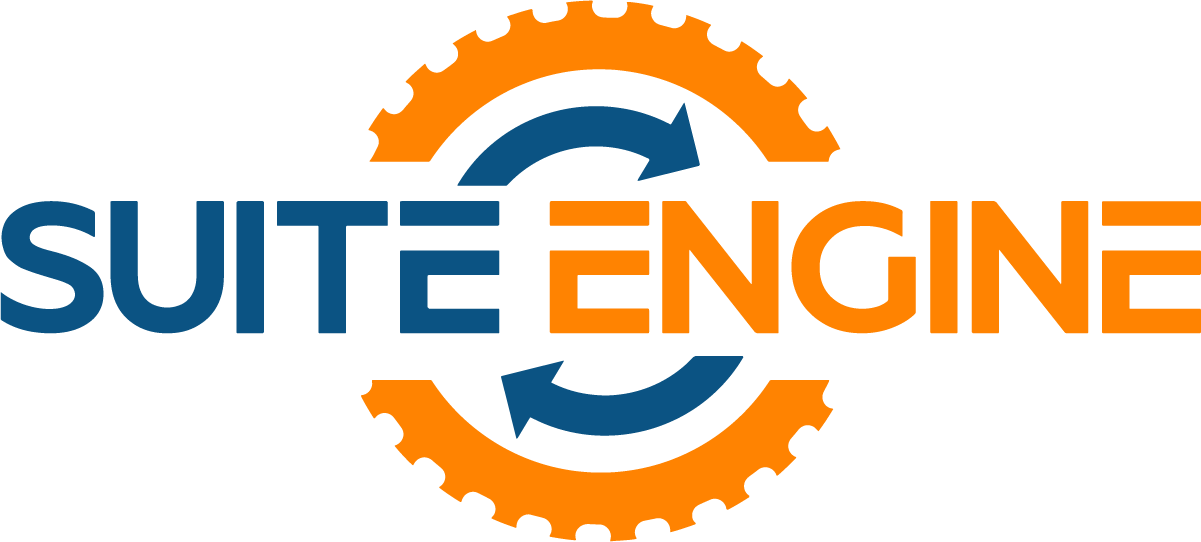CSM Core Refactored With New API Engine
Last week, Suite Engine published a new release of Channel Sales Manager (CSM) Core to Microsoft AppSource for download and installation. This release was especially exciting because it has been completely refactored to use Suite Engine’s new, standalone API Engine.
The Suite Engine API Engine is a component of the CSM Core library that manages the API integration between Business Central and external eCommerce platforms. The API Engine has always been a part of CSM Core, but the reality is that it was fundamentally agnostic in its functionality. Over the years, Suite Engine has seen some of its users leverage the capabilities of the API Engine to build integrations to non-eCommerce systems such as payment processors, 3PL platforms, and more. To better support these scenarios, Suite Engine created a standalone version of the API Engine, devoid of any eCommerce components, and released it at the end of 2022.
As part of this development process, the Suite Engine team was able to apply many of the lessons we’ve learned and the additional experience we’ve gained since the original release of CSM to make several improvements to this standalone API Engine. Realizing these improvements could benefit our existing products, we began refactoring CSM to use this newer API Engine last year. It has been a significant undertaking, but with the previous week’s release, we’re excited to say it is completed.
As an existing user of CSM, we are sharing this information with and answering the two critical questions of how you will benefit from these changes and what they mean for you in the short and long term.
How Do You Benefit?
Without getting too deep into the technical changes and improvements that the new API Engine brings to CSM, here are some ways in which you can benefit from this new functionality:
- New data mapping scenarios: the old API Engine in CSM allowed for a single set of API mappings for a given API function. The standalone API Engine permits expanded API mappings that can cover different scenarios. For example, we could define one set of mappings for a successful API function execution (create a sales order, send inventory information, etc.) and another set of mappings for an execution failure (send the details to a cue or as a notification, perhaps).
- More efficient data processing: the new API Engine replaces a number of existing API Engine routines with AL interfaces, which are a more efficient way to process data.
- Improved API message capabilities: while the API messages in the old CSM had limited re-processing abilities for API responses, this functionality has been expanded in the new API Engine to include other API message elements, such as requests, allowing for a better testing and troubleshooting experience.
- Faster integration times: The new API Engine’s architecture has been redesigned to create new integrations to external sources faster. While this does not directly impact your existing CSM solution, it does have an ancillary benefit in that, should you require additional integrations to other platforms, either Suite Engine or your partner will be able to complete them in less time than if the older API Engine was being used.
What Do These Changes Mean For You?
The refactored CSM Core supports both the new and old API Engine, meaning you can still run all of your API functions according to the existing architecture. With this initial release of the recent CSM Core, all your current CSM functions will continue to use the original API Engine, and there should be no discernible change to how your CSM solution operates. There is no additional action you need to take to keep using CSM.
However, as Suite Engine adds new features and functionality to our extensions, we will use the new API Engine whenever possible. This means that over time, your CSM solution will operate under a hybrid model, with your original API functions under execution of the old API Engine and any new functions under execution of the new one. Again, this should have no discernible impact on the result of any activity, but it is important to note that the standalone API Engine does maintain its data in its own set of tables, including:
- API Sets and their related tables (API Functions, API Mappings, API Variables, etc.)
- API Credentials
- API Automation Routines
- API Messages
If you wish to use newly developed functionality, additional setup will be required for some record types. For example, you will need to copy the API credentials you set up for CSM to the new API set that exists for the updated API Engine.
No data duplication is required for other record types, but you need to know that they exist and be aware that data is stored in two separate tables, depending on the activity. For example, API messages created according to the old API Engine will be stored in the CSM API Message table, while those created via the new API Engine are entered into the API Message table. To differentiate between both table types, we have updated their captions accordingly:

The other significant change is that the standalone API Engine does away with the existing housekeeping automation that regularly purges old data, opting to use the retention policy functionality found in standard Business Central. Accordingly, you or your partner will need to define retention policies for the appropriate Suite Engine tables. We will include additional instructions on this process once we issue CSM releases that include new API Engine functionality.
From a longer-term perspective, Suite Engine will now start refactoring its individual CSM platform extensions to use the new API Engine and CSM Core. This refactoring process will make your existing CSM API functions compatible with the new API Engine. As part of this initiative, we will devise a transition strategy so you can migrate to this new functionality. We will contact you with more details when your platform(s) have been refactored.
Contact Us With Questions
The inclusion of the new API Engine as part of CSM represents a significant accomplishment in our goal of giving our users a modern framework for all of their integration needs. As stated above, we will provide additional communications to you as we introduce new functions and refactor existing ones to use this architecture, but if you have any questions, do not hesitate to contact our support team. We hope you are as excited as we are about the possibilities this new and improved framework can bring to your organization.
For complete details of this release, please see our CSM Release Notes.
SUITE ENGINE | We connect your business with modern software from Microsoft.
Simplified processes. All in one place.
eCommerce Connectors | Payment Processing | API Engine | and more …
ABOUT CSM
Related Articles:
SEE MORE:
SHARE THIS POST:






